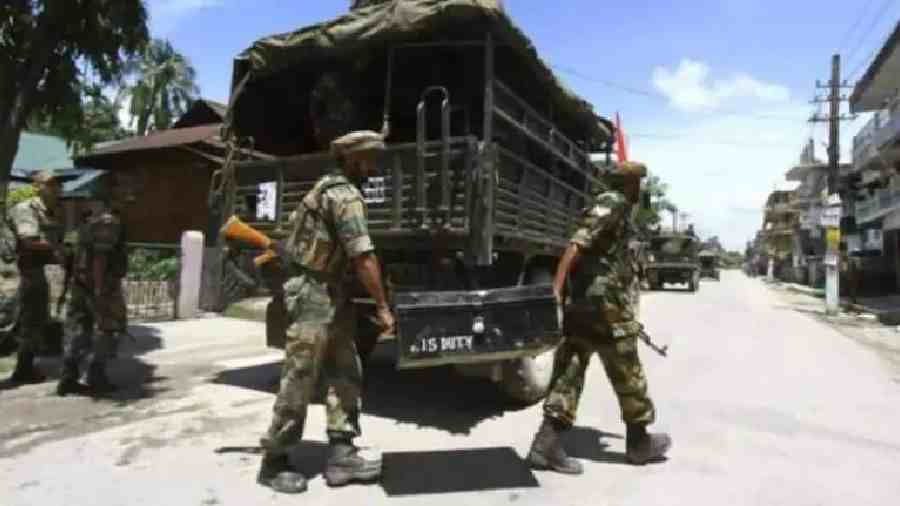Would the boots be thinned on the ground? The Union home minister, Amit Shah, declared in Nagaland that he is ‘hopeful’ of removing the contentious Armed Forces (Special Powers) Act from the state. Whether this comes to pass remains to be seen. But the Centre appears to have made some progress on reducing the number of army personnel in another corner of India — Jammu and Kashmir. There are reports that deliberations on removing the armed forces from the Valley’s hinterland are at an advanced stage. The region, given its blood-soaked history, has one of the deepest imprints of the military boot in India. The army maintains a sizeable force of which a large segment is deputed for duties at the border. Antiterrorist formations and the paramilitary forces are present in strength as well. If the Centre’s claim of ‘normalcy’ in Kashmir does, indeed, have some basis, the reduction of armed personnel should be the next step.
Hawkish elements in India’s security establishment may have some misgivings with the proposal. Their concern is not unwarranted. As the spike in targeted killings has shown, militants, even though they are a much-weakened constituency, still have the capacity to strike at will. It would, therefore, be prudent for the government to not rush with the withdrawal. It should take place in a phased manner but with certainty. This is because a heavily militarised setting is incongruous to a democracy. India would also stand to gain in another way by removing the army from Kashmir’s streets: the military presence in Kashmir and its collateral costs on civilian life have left the nation vulnerable to allegations of excess and human rights abuse. What would be a greater challenge *though for the Bharatiya Janata Party-led dispensation is to bridge the deficit in collective trust with the State. A series of controversial decisions — the abrogation of Article 370, stripping Jammu and Kashmir of statehood, the delimitation exercise, cloaking Kashmir under a security blanket after August 5, 2019 — has been instrumental in turning the public mood sullen. These steps have been accompanied by an incessant demonising of Kashmiris by the right-wing ecosystem: Kashmiri farmers said recently that, apart from the lack of connectivity and poor storage facilities, they also have to constantly battle the false charge of being unpatriotic. The BJP has a mountain to climb in bridging the gaps. Thinning the presence of the army could be a good starting point.











